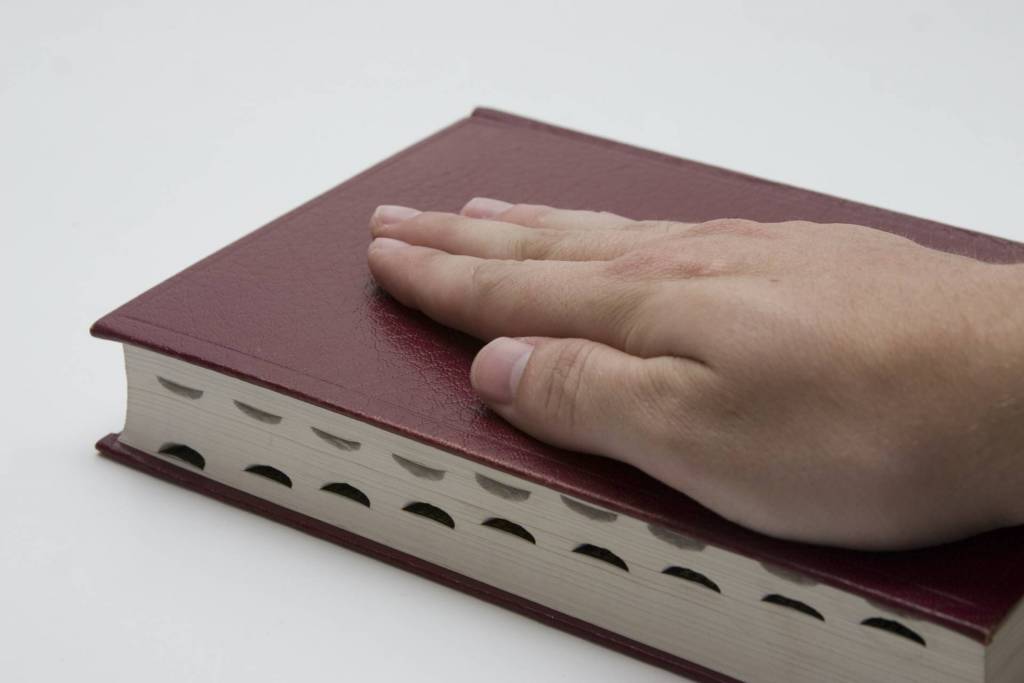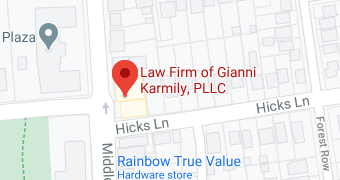Assault happens in New York when one person intentionally injures another person with no legal justification. If you’re charged with assault on Long Island, you must be represented by a Nassau County assault attorney, and you must contact that attorney as quickly as possible.
What are your rights if you are accused of assault on Long Island? What steps will you need to take? How will a criminal defense attorney defend you against an assault charge? Keep reading this brief discussion of New York’s assault laws, and those questions will be answered below.
The law in New York establishes several different assault crimes and charges. The specific charge that an assault defendant faces will depend on a number of factors including the extent of the victim’s injuries and whether or not a deadly weapon or a dangerous instrument was used.
Which Assaults Are Felonies? Which Are Misdemeanors?
Assault in New York may be charged as a Class B felony (first-degree assault), a Class D felony (second-degree assault), or a Class A misdemeanor (third-degree assault). Both felony charges cover injuries caused intentionally or by recklessness.
If the victim suffered what the law calls:
- a “serious physical injury,” and there is an aggravating favor, the charge will probably be first-degree assault
- a “serious physical injury,” the charge will probably be second-degree assault
- a “physical injury,” the charge will probably be third-degree assault
In New York law, a “physical injury” is the “impairment of physical condition or substantial pain,” but a “serious physical injury” is an injury that puts a victim’s life at substantial risk or causes a death, long-term or permanent disability or disfigurement, illness, or the impairment or loss of an organ.
How Are Assault Convictions Penalized?
A felony assault conviction is punishable with probation or prison as well as a fine. A prison sentence for felony assault is an “determinate” sentence, meaning that the judge orders a sentence with a set time length (for example, four to nine years).
Along with jail or prison, probation, and a fine, you may also face “extra-legal” penalties for an assault conviction. Any criminal conviction creates a criminal record that may make it difficult for you to find housing, find employment, or qualify for a loan.
If you hold a professional license in the State of New York, an assault conviction may entail disciplinary action by your professional licensing board. If you are not a United States citizen, an assault conviction will very likely trigger a deportation proceeding.
Are There Other Assault Charges?
Other assault charges in New York include aggravated assault on a police officer or a peace officer, a Class B felony, and aggravated assault on a minor under age 11 by an adult, a Class E felony.
Aggravated assault on a police officer or a peace officer happens when, with the intent to cause serious physical injury to someone whom an assailant knows or should know is a police officer or a peace officer performing his or her duties, an assailant causes that serious physical injury with a dangerous instrument or deadly weapon.
Aggravated assault on a minor under age 11 by an adult happens when a defendant who is age 18 or older commits third-degree assault upon a person who is less than 11 years old, and the defendant has already been convicted of the same offense upon a person who is less than 11 years old within the last three years.
How Will an Attorney Defend You Against an Assault Allegation?
There are several ways that a defense lawyer may defend you in an assault case. The defense that a Long Island assault lawyer offers on your behalf will hinge on the details of the charge against you. For instance, your defense attorney may explain to the court that:
- You were acting in self-defense or to defend someone else.
- Your action was not intentional, and you had no criminal intent.
- Someone else who resembles you committed the assault.
- No assault happened, and the allegation was fabricated.
Your Nassau County assault attorney will likely attempt to locate and question any eyewitnesses to the incident as soon as possible, because those witnesses might contradict the alleged victim’s story. Your defense lawyer may then seek evidence that supports those eyewitness statements.
What Does the Law Require for an Assault Conviction?
To convict someone of an assault charge in this state, as mentioned earlier, the law requires that the victim of the assault had to suffer physical injury or serious physical injury.
Let’s say that you threw a punch at someone, but you caused no injury or pain. Without a victim’s injury or pain, legally speaking in New York, there is no assault, although you may be charged with and convicted of attempted assault in the third degree, a Class B misdemeanor.
Should You Accept a Plea Deal?
In assault cases, a Long Island assault lawyer will seek to have an assault charge dismissed. If the evidence against you is overwhelming and your conviction is likely, your lawyer may seek to negotiate a plea deal.
In most plea deals in assault cases, a defendant pleads guilty to a lesser charge and agrees to serve a reduced sentence. A felony assault charge might be reduced to a misdemeanor, for example, or a misdemeanor charge might be reduced to a criminal violation like second-degree harassment or disorderly conduct.
However, the evidence against you is weak, you should not accept a plea offer. If the charge against you cannot be dismissed or reduced, you should insist upon your right to a jury trial.
If You Face an Assault Charge on Long Island
If the police arrests you on an assault charge, be cooperative and friendly, but exercise your rights. You can say something like, “I would rather not answer any questions and speak to an attorney.”
If you are charged with assault, you must be advised and represented by an experienced Long Island criminal defense lawyer. Don’t even consider representing yourself. The laws are too complicated, too much is at risk, and any mistakes could send you to prison or jail.
Another thing you must not do is procrastinate about seeking legal help. Your defense lawyer needs to examine the evidence and question the witnesses as quickly as possible.
The right Nassau County defense attorney will be able to bring your assault case to its best possible outcome. Contact an attorney as quickly as possible if you’ve been arrested or charged with assault. A good attorney’s help is every accused person’s right.












